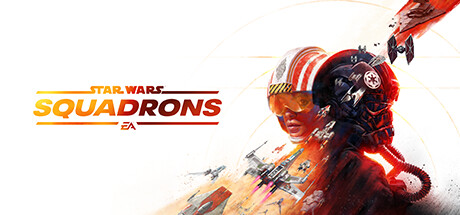If you're sensitive to it, maybe. But many aren't. In my experience, most gamers are not that bothered by technical issues in games and tend to just accept them unless it's a genuine game breaking bug or crash or something.
This is assuming 'most' gamers even experiencing what many of us are complaining about, as the consoles suffer from some of these issues far less - especially such as shader stuttering, which is basically nonexistent - I mean cripes, if shader stuttering didn't exist on the PC I may not even find that much reason have an account here.

The hashtag #stuttergate only exists because of the quality of PC ports. They have their own set of issues, different perhaps in bottlenecks but similar to what budget PC hardware can have, but the degree of actual
stuttering, both in title frequency and severity compared to PC titles, is usually far less. Like if Sackboy shipped on the PS5 with the same stutter it initially did on the PC, you really don't think it wouldn't have been covered in mainstream outlets?
Again, this isn't just about the blanket category of 'substandard performance', this is about situations where gameplay frequently
halts. As someone who's been gaming for decades, the frequency of these specific types of performance faults are definitely unique. I am comfortable enough in assuming, and sure that's what it is, an assumption - the theatre patrons would actually complain if they're watching a sci-fi epic and it froze for several frames every time a new effect came on screen.
We can spar back and forth with anecdotal evidence of what 'most' gamers are actually bothered by, but if we need to always temper our feelings on technical imperfections against what the 'general' gaming populace thinks - especially in a thread about a technical gaming channel in a technical forum, I guess we might as well shut it down here.
(Funny enough, in terms of actual gaming impact these days, I'm probably experiencing 'less' shader stutter than your average PC gamer, because I'm obsessed with it enough to do things like install Linux/DXVK just to reduce it. My thoughts are when seeing a game with massive stutter OOTB is "Damn this sucks for people who have a life").
Most gamers have no desire to read about the shit we discuss on this site, I think that goes without saying. But I don't need, or care to convince 80% of the gaming public that stuttering should not be accepted for it to be addressed by publishers - there just has to be enough media attention given to it where it's a potential threat to the games bottom line. Regardless of how critical you feel DF's existence is to the overall enjoyment the average gamer gets from a game, I think it's clear enough their coverage has definitely had an influence and has at least spurned the release of expedient patches to help some games run far better, regardless if the average gamer understands why or not.

